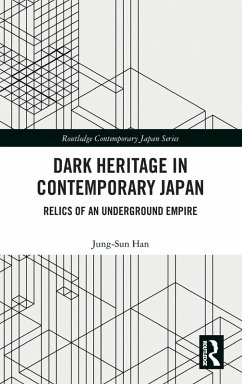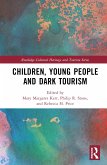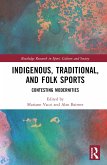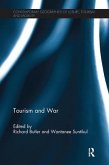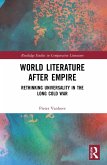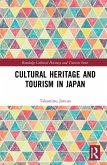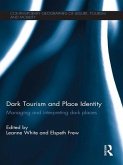This book examines civic activism to conserve dark heritage built by the colonial and wartime labor regime in contemporary Japan.
Introducing and analyzing local organizations and their activities in multiple locations throughout Japan, this book looks at the ways in which the Japanese have remembered, negotiated, and re-experienced their wartime past. Drawing insights from disciplines including critical heritage studies, social movements, the history of colonialism, imperialism, and decolonization, the book brings into focus the Japanese civic activism which confronts the legacies of the wartime labor regime operated throughout the colonial empire. By tracing the formation of grassroots movements to conserve war-related sites throughout Japan, it argues that reclaiming places for plural war memories bequeathed by colonial empire has been pivotal in creating public spaces for civic activism attentive to identities and differences in contemporary Japan.
Delving into the multilayered connections between the memories of imperial wars, colonial empire, and place-based politics in postwar Japan, this book will be a valuable resource to students and scholars of colonialism, heritage studies and Japanese history.
Introducing and analyzing local organizations and their activities in multiple locations throughout Japan, this book looks at the ways in which the Japanese have remembered, negotiated, and re-experienced their wartime past. Drawing insights from disciplines including critical heritage studies, social movements, the history of colonialism, imperialism, and decolonization, the book brings into focus the Japanese civic activism which confronts the legacies of the wartime labor regime operated throughout the colonial empire. By tracing the formation of grassroots movements to conserve war-related sites throughout Japan, it argues that reclaiming places for plural war memories bequeathed by colonial empire has been pivotal in creating public spaces for civic activism attentive to identities and differences in contemporary Japan.
Delving into the multilayered connections between the memories of imperial wars, colonial empire, and place-based politics in postwar Japan, this book will be a valuable resource to students and scholars of colonialism, heritage studies and Japanese history.
"In this valuable contribution to our understanding of the formation of historical memory in Japan, Jung-Sun Han masterfully examines civic activism aimed at protecting and preserving war-related sites. This book is a must read for those seeking to understand how the imperial past is remembered in today's Japan, and the role of civil society in shaping and contesting this collective memory."
Alexander Bukh, Victoria University of Wellington, New Zealand
"Dark Heritage in Contemporary Japan: Relics of an Underground Empire" is an important work. It is deeply grounded (literally and metaphorically) in an empirical examination of the wartime labor regime that forced Koreans to build military installations, especially in the final years of World War II. And it is brilliantly framed in theoretical engagement with fields of memory and heritage studies and dark tourism. This book is essential reading for anyone interested in the longstanding and still evolving contention over colonial and wartime history both within Japan and between Japan and Korea, as well as all those interested in broader issues of war and memory."
Andrew Gordon, Harvard University, USA
Alexander Bukh, Victoria University of Wellington, New Zealand
"Dark Heritage in Contemporary Japan: Relics of an Underground Empire" is an important work. It is deeply grounded (literally and metaphorically) in an empirical examination of the wartime labor regime that forced Koreans to build military installations, especially in the final years of World War II. And it is brilliantly framed in theoretical engagement with fields of memory and heritage studies and dark tourism. This book is essential reading for anyone interested in the longstanding and still evolving contention over colonial and wartime history both within Japan and between Japan and Korea, as well as all those interested in broader issues of war and memory."
Andrew Gordon, Harvard University, USA

